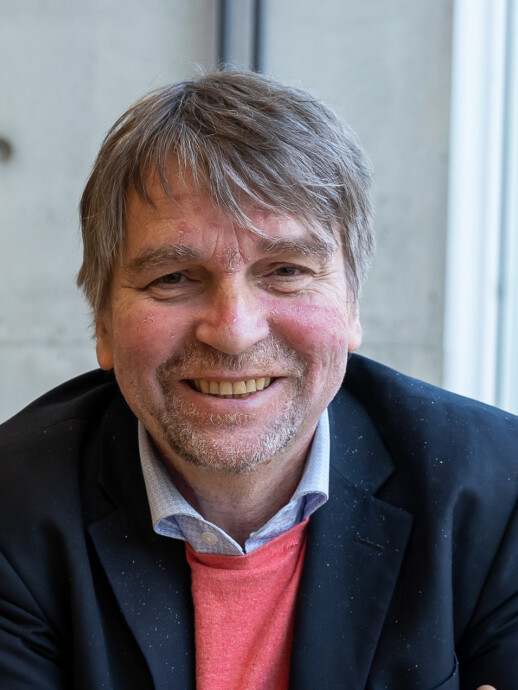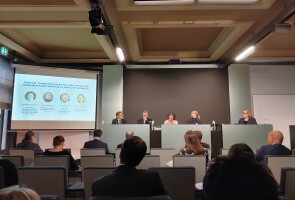Professor André Sourander has received substantial research funding from the European Research Council (ERC). Sourander received ERC Advanced Grant funding for a project “DIGIPARENT - Implementation, personalization and genetics of digitally assisted parent training intervention to improve child mental health services.
Childhood disruptive behavior problems pose huge challenge to societies given the high lifetime burden and costs associated. Mounting evidence shows that parent training is the most effective psychosocial treatment for these problems. However, most parents in need of such training do not receive it. DIGIPARENT shift the research focus from specialized care face-to-face parent training to study digitally assisted parent training interventions when implemented in primary health.
Digitallly assisted parent training methods have not previously been studied on this scale. DIGIPARENT is the first population based study about the long-term outcomes and modifiers of digitally assisted parent training. It addresses what works and how it works in real-world practice.
Potential for scientific breakthroughs
DIGIPARENT combines an evidence-based approach to child mental health with the latest technology and offers the potential for scientific breakthroughs, including the use of artificial technology to produce digital content tailored to the needs of individual families.
Detection of genetic factors related to treatment response and possible epigenetic outcomes of treatments opens avenues for new scientific questions on how treatments can affect human biology.
DIGIPARENT also responds to the urgent need to study digital and remote interventions as child mental health services struggle with the considerable increase in demand for services, due to the COVID-19 pandemic.
Professor Sourander is the most scientifically productive researcher in pediatric psychiatry in Finland. Through his long-term research work, he has established the mechanisms and trajectories of psychiatric disorders that are significant in public health. Based on these studies, he and his team have developed digitally assisted treatment programmes for key pediatric psychiatric problems and studied their effectiveness as well as functionality as part of primary care clinical practices. During the research processes he has developed operative models to the child health clinics and school health care to identify the risk groups. The Stongest Families Programmes (Voimaperheet) of Sourander’s research group are targeted at developmentally important transitional stages between the fetal period and adolescent independence.
The European Research Council's Advanced Grant funding is the largest personal research funding in Europe. The five-year funding will be awarded to established research leaders who have already accumulated a significant number of achievements in a researcher's career.





